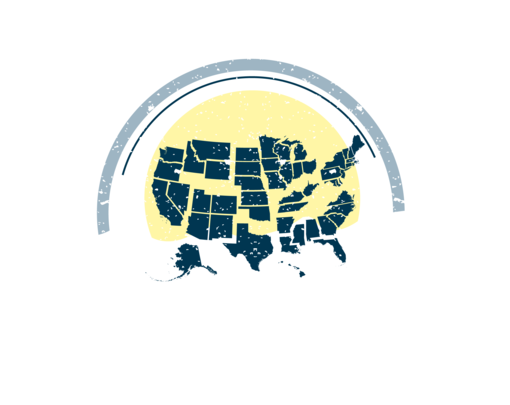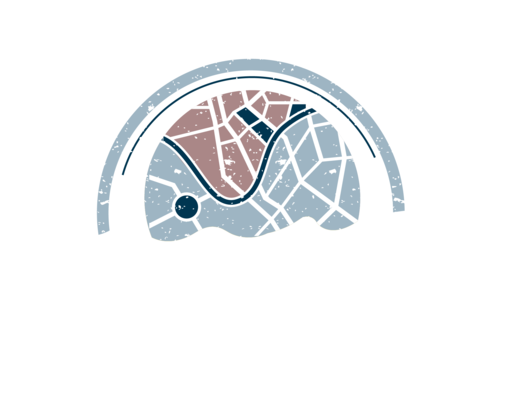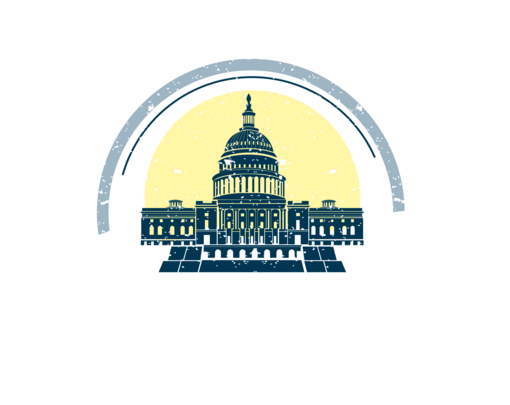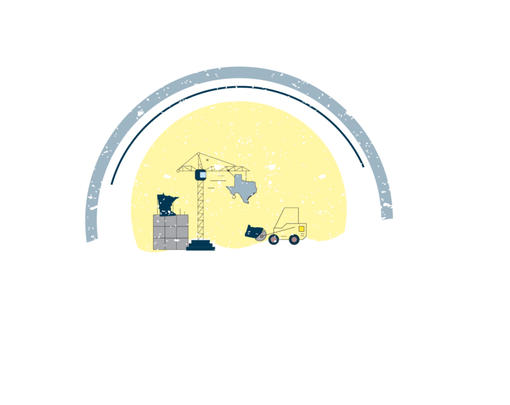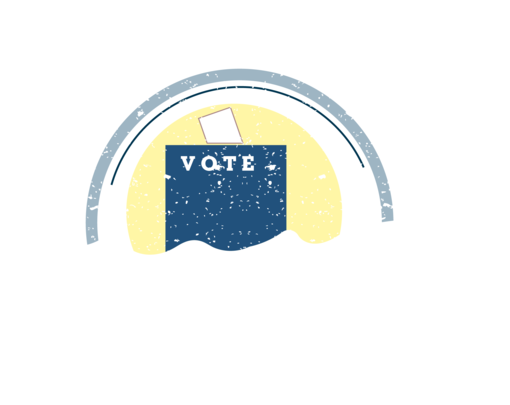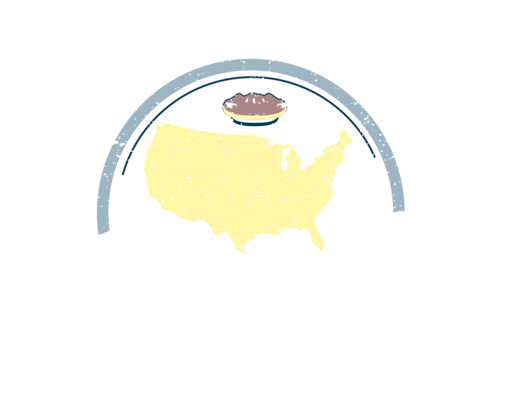What’s wrong with markets, and why do we still need them?
Markets are like fire—an extremely powerful technology that can very easily get out of control and consume everything you value. Like fire, markets have a long history in human social life—conservatively hundreds and hundreds of years older than anything we could correctly call “capitalism.”1
The faults of markets are easy enough to enumerate: the reduction of the value of goods to their value in a commercial exchange can elevate the pursuit of profit above the satisfaction of human and community needs. Markets, left to their own devices, can be subject to devastating instabilities—booms and crashes—with severe consequences for communities. And the neoliberal faith in market relationships as the panacea for all social needs—education, healthcare, water, public infrastructure, and so on—is surely misplaced, and deserves to be challenged. Such faith, moreover, often acts to subvert DEMOCRACY as political decisions are delegated to the market, thereby removing them from the realm of democratic deliberation.
But the experience of entirely planned economies should give us pause before we throw the market baby out with the bathwater. Whatever their defects, market exchanges remain a powerful way to coordinate, in a decentralized fashion, the actions of many social actors, connecting consumers to the products they want and need. Indeed, an advanced economy above a certain scale may simply be intractable from a coordination perspective without the carefully defined use of a decentralized mechanism like markets. Returning to the fire metaphor, then, we need to create an economic system in which controlled burns replace catastrophic wildfires, where the exchange of commodities sustains communities instead of destabilizing and destroying them. This means the simultaneous development of a sophisticated and democratically controlled PLANNING system anchored in democratic processes and institutions—a system that runs contrary to the design of our current system, which Karl Polanyi characterized as one which is run “as an adjunct to the market [where] instead of economy being embedded in social relations, social relations are embedded in the economic system.”
How does the Pluralist Commonwealth use markets to sustain communities?
The supposed antithesis between PLANNING and markets is, in many ways, almost entirely a matter of ideology. In virtually all forms of planning, in fact, market relationships of a certain kind are also assumed (though often these markets are highly regulated, or are markets where corporate monopolies or oligopolies implement de facto private rather than public plans). Markets, for instance, can offer “yardstick” competitive relationships that help assess the performance of both public and private economic institutions (without necessarily determining the entirety of their fate). More generally, for smaller scale economic activity, markets may be the simplest and more effective way of insuring efficient allocations. In general, the Pluralist Commonwealth model suggests a broad and sophisticated approach to markets, with planning and public enterprise in certain key areas where power is concentrated or fundamental rights are at stake, and with markets used to keep such planning in check in others.
Where are examples of markets that remain subject to democratic control operative today?
In many ways, the United States has already subjected markets to a certain measure of democratic control. We have decided that particular markets—those for slaves or child labor, for instance—should not exist. Universal primary school and Medicare, meanwhile, ensure that some basic necessities, such as public education or healthcare for the elderly, should be decommodified and access should not be conditioned entirely on an individual’s ability to pay within a marketplace. To a certain extent, reducing inequality, fighting monopolies, and addressing externalities can also be seen as ways to facilitate consumer democracy where “dollar-votes” are distributed more evenly.2 Finally, marketplaces can be seen as democratic to the extent that they are composed of democratic bodies. Tom Malleson provides one example, [p]erhaps the most developed example of a cooperative market economy is the region of Emilia Romagna….where 8,000 co-ops (of all kinds account for about 40 percent of the region’s GDP and 24 percent of the population works in or belongs to the cooperative.”3 Insofar as 1) markets require states to establish their legal, regulatory, and institutional preconditions, and 2) insofar as states are democratically responsive, there are countless ways that democratic polities can embed markets within society. The Pluralist Commonwealth would merely extend existing democratic oversight to new areas like INVESTMENT, while shielding others (like health insurance) from market forces.
See also:
DEMOCRACY, INVESTMENT, PLANNING
Further reading
Karl Polanyi, The Great Transformation (Boston, MA: Beacon Press, 1944).
Theodore Burczak, Socialism after Hayek (Ann Arbor, MI: The University of Michigan Press, 2006).
- 1David Graeber, Debt: The First 5,000 Years (Brooklyn, NY: Melville House, 2011), 186, 191, 238.
- 2Tom Malleson, After Occupy: Economic Democracy for the 21st Century (New York, NY: Oxford University Press 2014), 112.
- 3Tom Malleson, After Occupy: Economic Democracy for the 21st Century (New York, NY: Oxford University Press 2014), 127.





